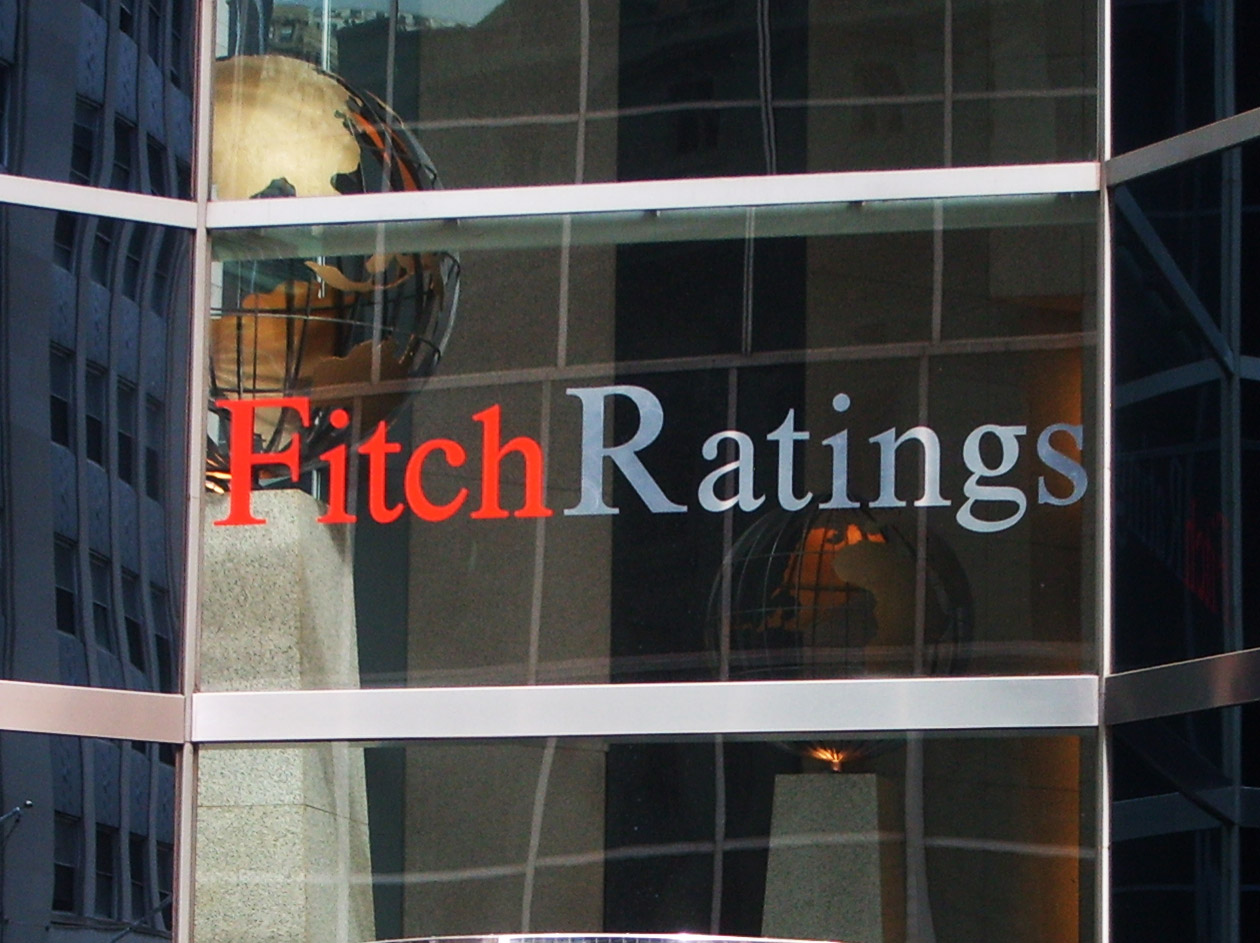Fitch Ratings says Azerbaijani banking sector's liquidity stabilizes

By Aynur Karimova
Fitch Ratings international rating agency announced that the liquidity of Azerbaijan's banking sector has been stabilized.
Director for Financial Institutions at Fitch Ratings, Dmitriy Vasilyev told journalists on April 13 that currently, the situation with the liquidity does not pose a large risk.
"Following the outflow of deposits from the banking sector in January- February, today, the liquidity is at an acceptable level, and further outflow of deposits is not expected," he said on the sidelines of the fifth annual meeting on Azerbaijan in Baku.
Vasilyev believes that the quality of assets will continue to deteriorate as a large amount of loans were issued in foreign currency. Respectively, due to the devaluation of the national currency, the ability of borrowers to service debt has deteriorated.
"The capitalization of banks has also weakened due to the devaluation. However, thanks to the support of the regulator, which provides liquidity to banks and is tolerant to violations of norms, a shock for the sector is not expected," he added.
Fitch Ratings notes the necessity of continuing the diversification of the economy, and making structural reforms in the banking and corporate sectors.
"It is necessary to reduce the role and share of the state in the economy. Improvement of the corporate governance would certainly improve the situation in the sector," Vasilyev added.
Manat's exchange rate
Fitch Ratings expects the exchange rate of Azerbaijan's national currency, the manat to remain stable in the short term - for 6-12 months.
Vasilyev said a lot will depend on how long oil prices will remain at a low level, what the government's response would be to it [what steps will be taken in response to the low price of oil], and what the current account will be.
"Currently, export has decreased, and if import decreases, the current account deficit will not arise, and maybe it will be possible to avoid pressure on the exchange rate," he noted.
If the oil prices remain at a low level for a long time and export decreases, then, accordingly, there will be a pressure on the current account, Vasilyev said.
Last year, as a result of fluctuation of the exchange rate of the manat, the dollar has increased in price by more than 97 percent.
Consolidation of banks
Fitch Ratings forecasts consolidation of several banks in Azerbaijan to reduce their administrative expenses.
"Consolidation of banks is necessary so that they can work with lower administrative expenditures. Currently, the ration of expenses to revenue is 60 percent on the market average, which is a rather high indication and it shows a lack of scale or a lack of effectiveness of the banking system," Vasilyev said.
In this regard, consolidation will have a positive impact on the banking market of Azerbaijan, he added.
Fitch not expects growth in banks' loan portfolio
Vasilyev said that Fitch Ratings agency does not expect growth in Azerbaijani banks' loan portfolio in 2016.
"The growth is not expected due to the slowdown in the economic growth and restrictions related to the capital in a number of banks in Azerbaijan," he noted. "We have repeatedly said that there is a structural vulnerability in the corporate sector. This vulnerability has increased following the devaluation of Azerbaijan's national currency."
The volume of overdue loans (over 90 days) reached 15 percent as of late 2015, said the Fitch representative, adding that however, their share will increase in 2016, as the effect of the December devaluation will be noticeable only in 2016.
Vasilyev believes that dollarization will remain as one of the main risks for banks.
"Dollarization of loans affects the quality of assets, since many borrowers do not have foreign currency revenues," he said. "Dollarization of the sector is quite high, and it will grow further. Dollarization of liabilities of banks is higher than that of assets. Therefore, banks will have to increase the share of dollar-denominated loans in their portfolios. This is what we expect in the next few years."
IBA solvency
Touching upon full restoration of solvency of the International Bank of Azerbaijan, Vasilyev said that it is possible only after a regular redemption of its distressed assets.
He also added that the IBA still owns distressed assets worth more than 3 billion manats ($1.97 billion).
"The volume of toxic assets of the bank is still quite high, therefore, in addition to the planned infusion of 500 million manats into the IBA capital in the second quarter of 2016, it is necessary to implement a regular redemption of toxic assets," he said. "Only in that case can the bank's full solvency be restored."
The IBA was founded in January 1992. Azerbaijan's Finance Ministry holds 54.96 percent of shares in the IBA capital.
--
Aynur Karimova is AzerNews’ staff journalist, follow her on Twitter: @Aynur_Karimova
Follow us on Twitter @AzerNewsAz
